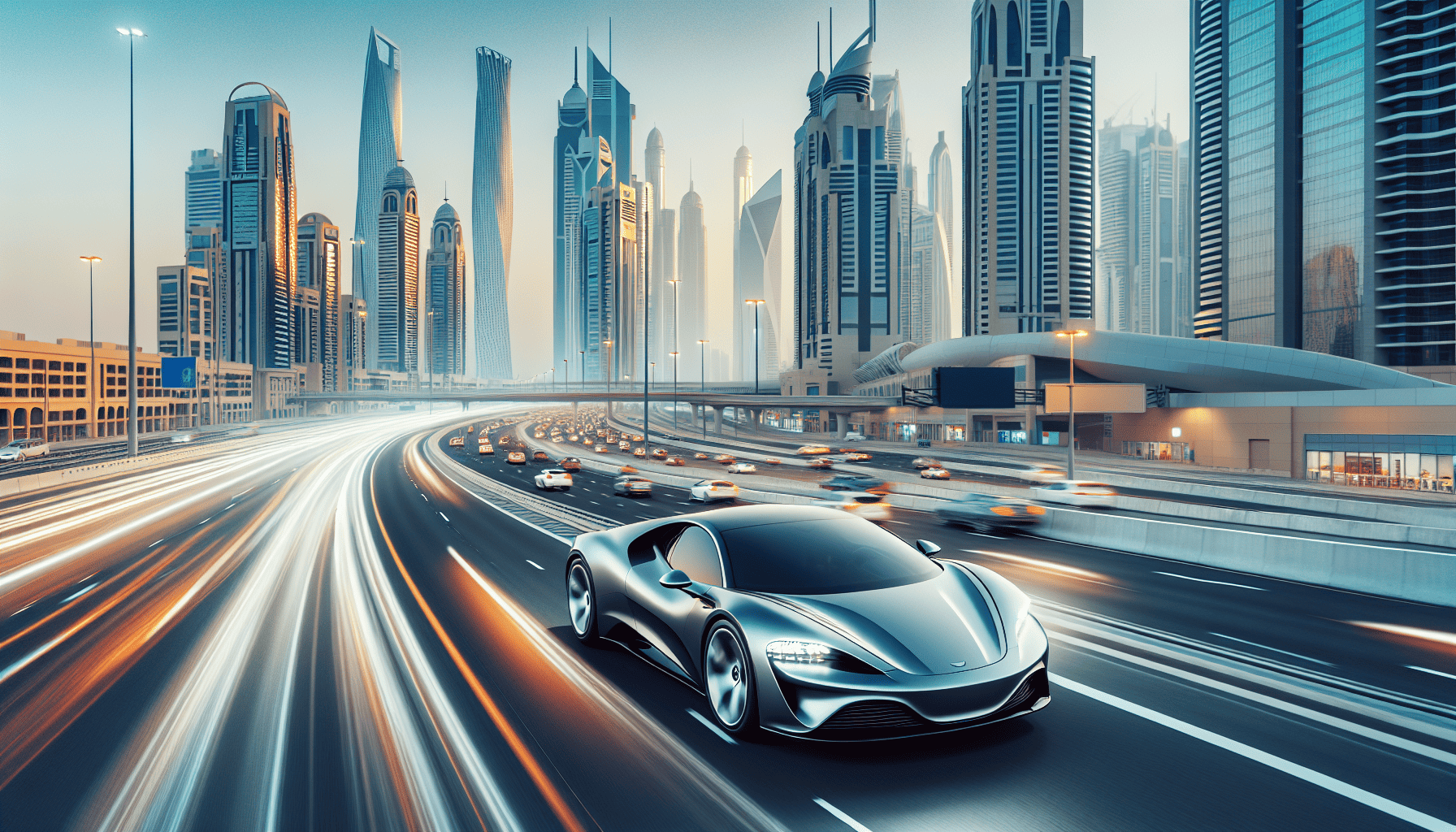The United Arab Emirates (UAE) is rapidly becoming a global pioneer in modernizing road infrastructure and transport plans. The nation is spearheading transformative projects aimed at enhancing connectivity, boosting efficiency, and paving the way for a more sustainable future. Leveraging cutting-edge technology and innovative design, the UAE's approach is serving as a model for the rest of the world.
At the heart of this modernization is the UAE's commitment to smart road systems. These systems are infused with advanced technologies such as integrated traffic management, intelligent transportation systems (ITS), and real-time data analytics. By collecting and analyzing traffic data, these systems optimize traffic flow, reduce congestion, and enhance safety on the roads. Whether through dynamic traffic signals or adaptive lighting, the focus is on creating a seamless travel experience.
Moreover, the UAE is heavily investing in infrastructure that supports electric and autonomous vehicles. The anticipation of self-driving cars becoming commonplace demands a new kind of road design, complete with smart sensors and lane markers that communicate with vehicles. Separate lanes for autonomous vehicles are being planned to ensure safety and efficiency. This forward-thinking strategy not only encourages the adoption of clean energy but also promises to revolutionize the daily commute.
Sustainability is another cornerstone of the UAE's modernization plan. The country has made great strides in incorporating eco-friendly materials and construction methods in its road projects. This includes the use of recycled materials, green landscaping, and the integration of solar panels into roadsides to power street lights and other infrastructure. Such initiatives are aligned with the UAE's significant efforts to promote sustainability and reduce the carbon footprint of its transportation sector.
Additionally, enhancing connectivity is central to the UAE's broader vision of becoming a global hub. Key projects include expanding existing road networks and constructing new superhighways designed to decrease travel time between major economic centers. For example, the ongoing development of hyperloop systems, which promise ultra-fast travel at speeds exceeding 700 miles per hour, signifies an enormous leap in intercity connectivity. With such projects, the UAE aims to bolster trade, tourism, and economic growth.
Furthermore, the UAE is fostering collaboration between public and private sectors to encourage innovation and investment in transport technology. By creating an ecosystem where tech companies, start-ups, and research institutions can thrive, the country is nurturing the development of new technologies and solutions that redefine transport infrastructure.
In conclusion, the UAE's visionary approach to revamping its road infrastructure and transport systems is setting a benchmark for future-ready cities around the world. By integrating technology, sustainability, and strategic planning, the nation is not only improving the day-to-day commuting experience for its citizens but also contributing to a global dialogue on smart, efficient, and sustainable transport solutions. As these plans unfold, the UAE stands at the forefront of a transportation revolution, illustrating the potential for roads and highways to evolve in the coming decades.
